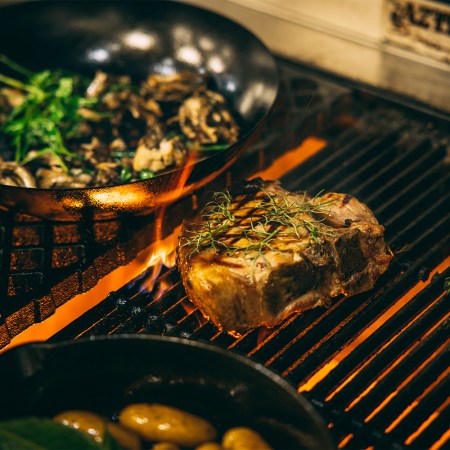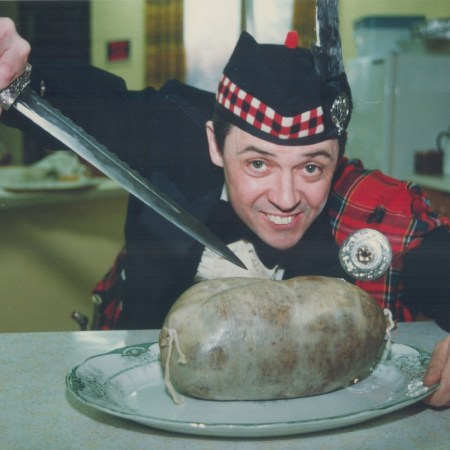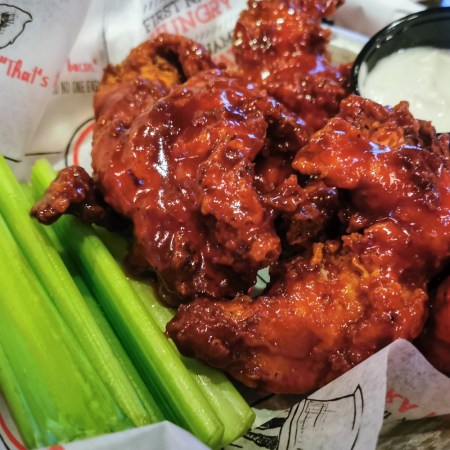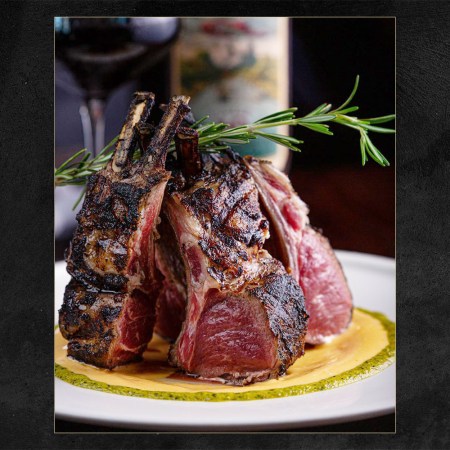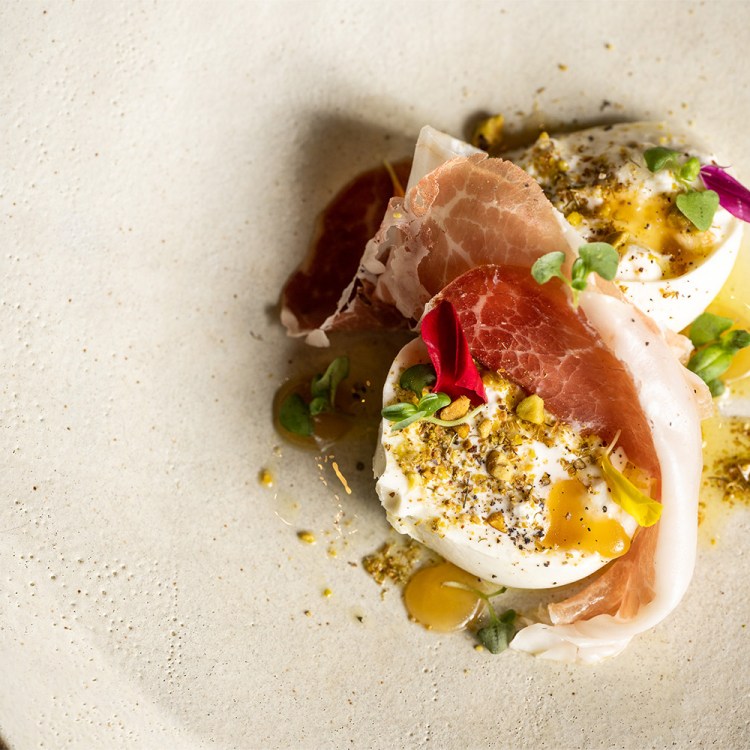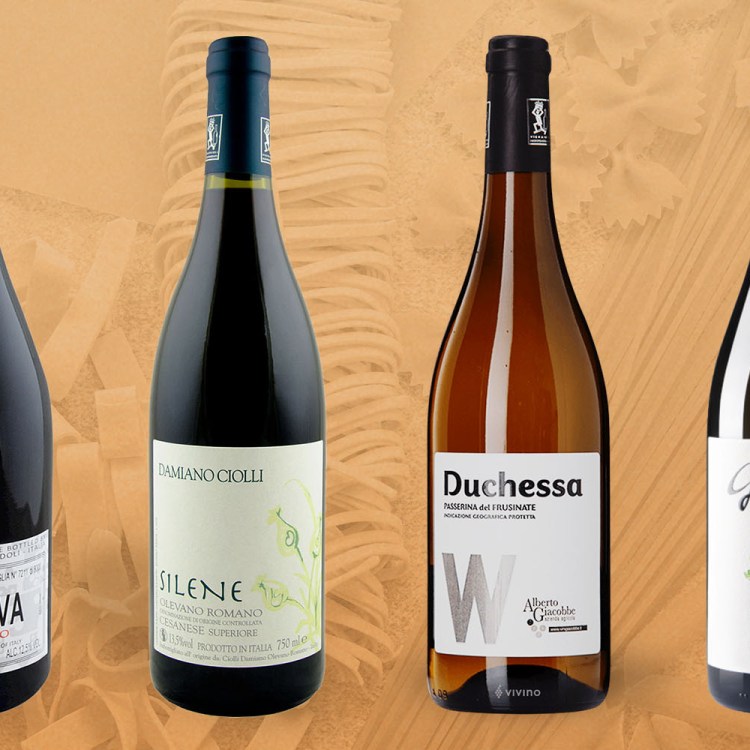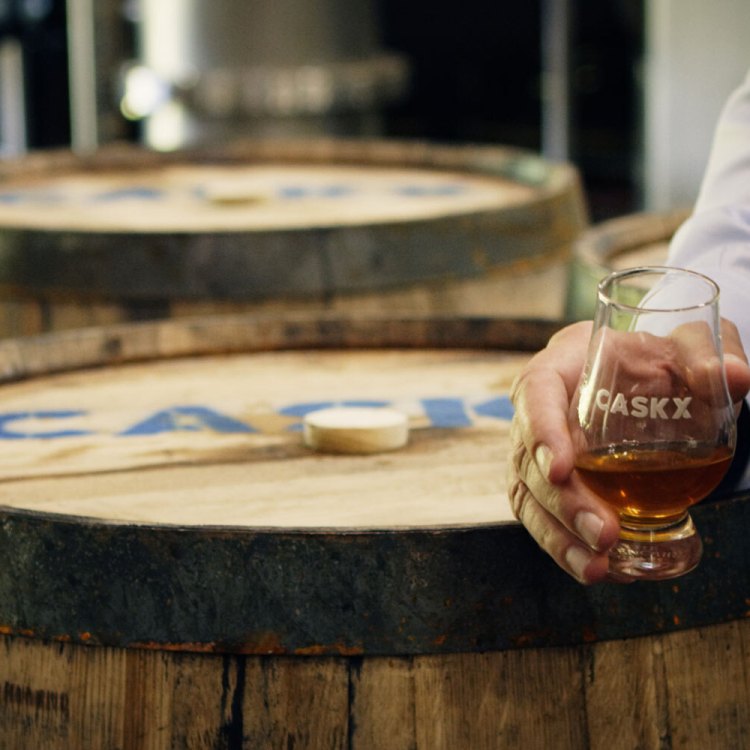Described as the “Rolls-Royce of Turkeys” by British publications like The Times and The Guardian, KellyBronze heritage turkeys are free-range birds that are raised without any antibiotics, additives and growth hormones in just two places on the globe: England and the Blue Ridge Mountains.
A favorite of chefs like Gordon Ramsay and Jamie Oliver, KellyBronze birds were bred by the Kelly family in the U.K. for decades and were only really available across the pond until 2014, when the company green-lit a 130-acre farm in Crozet, Virginia, to start breeding the heritage turkeys stateside.
What, pray tell, is a heritage turkey? We’re glad you asked.
“Heritage isn’t a regulated term but, generally speaking, when we talk about heritage in anything, whether it’s turkeys or pigs or beef or, we’re just talking about a less common, older breed,” James Peisker, a co-founder of Nashville-based butcher shop Porter Road, tells InsideHook. “When people refer to heritage turkeys, they are talking about bloodlines that are pre-modernization of the poultry industry in the 1950s.”
The event that led to the modernization of the poultry industry, a competition called the “Chicken of Tomorrow” contest that challenged participants to breed a chicken with bigger drumsticks, plumper thighs and more white meat, also led to the development of the common turkey that most of us eat on Thanksgiving, a bird referred to as a broad-breasted white due to it being nearly 70 percent breast meat.
Unlike broad-breasted whites, which are generally raised in captivity and have been genetically altered to develop faster, heritage turkeys develop slowly and grow better in a more natural environment, according to Peisker.
“Most of the time, you’re going to be forced to raise them outside,” he says. “They grow slower, which is going to give the muscles more time to develop. They will get tougher, but they will become more flavorful. The reason they are not so popular is that the majority of heritage breeds have much smaller breasts and much bigger legs, so it’s a harder sell for the modern American person that prefers more white meat than dark.”
As they are a tougher bird as well as a tougher sell, you probably won’t find a heritage turkey at your local grocery, but that doesn’t mean you can’t get one in time for the holidays.
“You can find them at specialty grocery stores or you can find them at the specialty places online,” Peisker says. “They are going to cost more money because of the scarcity of it. They cost more because they take so much longer to raise and grow at a slower rate, which does give them a better flavor. It is worth it if you can afford it and you’re a dark meat lover. It’s important to keep the genetic line diverse and make sure we support the smaller farms that raise them because most heritage birds, almost all heritage birds, are going to come from very small farms.”

One of those farms is the aforementioned one that Judd and Cari Culver operate in Albemarle County, about 20 miles west of Charlottesville, which supplies American poultry purveyors like Dickson’s Farmstand Meats with KellyBronze birds.
Established in association with the Kelly family, the Culvers’ farm is the only commercial turkey farm that holds a Department of Agriculture license to dry-age and hand-pluck its poultry.
“Normally, a bird is slaughtered, dipped in boiling water, plucked and then eviscerated to remove all the insides,” Jake Dickson of Dickson’s Farmstand Meats tells InsideHook. “What they do there is totally different than that. The birds are slaughtered, but then they’re hand-plucked and they never touch water, which keeps the skin much nicer and intact. Then they actually hang them like you would game and for a minimum of seven days before eviscerating them. The birds are never wrapped in plastic. The process actually lowers the bacteria level and you can serve this turkey rare or medium-rare. No one really does that here in the U.S., but the bacteria counts are actually in line with beef and lamb through this process.”
In addition to the way they are slaughtered and brought to market, KellyBronze birds differ from most heritage turkeys in other ways.
“A problem with some of the heritage breeds is they have big legs, but the breasts are too small. Especially for the U.S. market, a lot of people want more white meat,” Dickson says. “The KellyBronze has a shape that’s a bit more similar to what you’d find in the broad-breasted white. But, it does grow slower like a heritage breed, so it has a deeper turkey flavor. Just like our heritage chicken has a more chickeny flavor, it’s the same thing with the heritage turkey. Also, because the skin was never submerged in water and due to the hanging process, I find the skin really crisps up nicely and has great flavor. They also have really nice fat that keeps everything moist under the skin.”
Priced starting at $160 for a 12-13 pound bird, the KellyBronze ain’t cheap. But, if you are a year-round turkey lover, it is probably worth it, according to Dickson.
“The KellyBronze is probably the most expensive turkey in the country, but I also want to caution people to manage expectations,” he says. “It’s still a turkey. It’s still going to taste like turkey. It’s not going to magically turn into prime rib. It won’t turn into a different species or a totally different product. It’s just a fabulous turkey. So, if you like turkey, it’s going to be a really spectacular turkey experience.”
This article was featured in the InsideHook newsletter. Sign up now.

